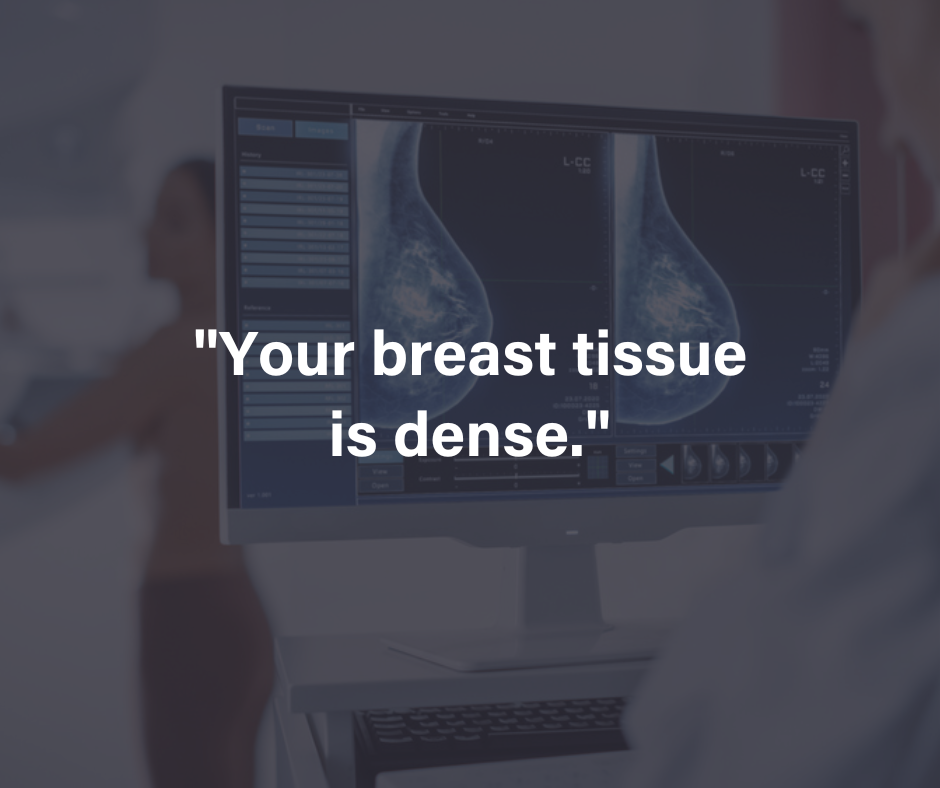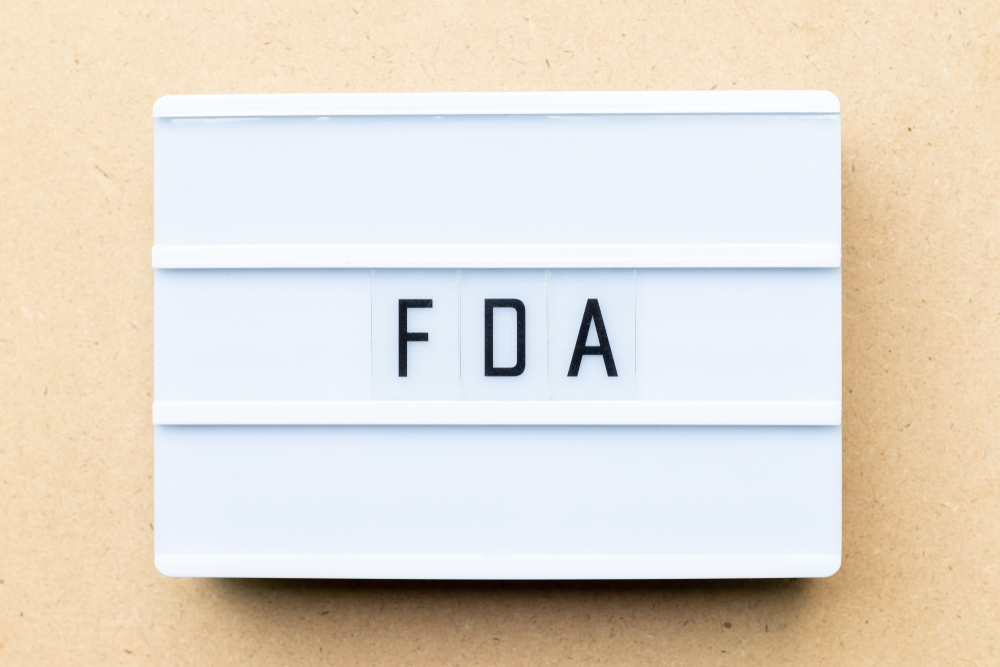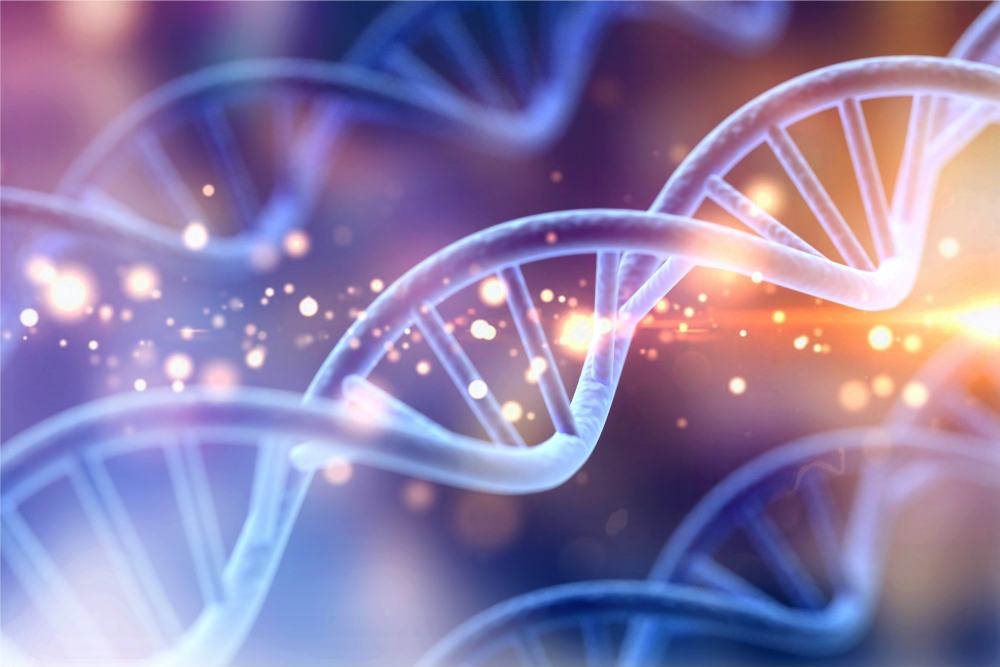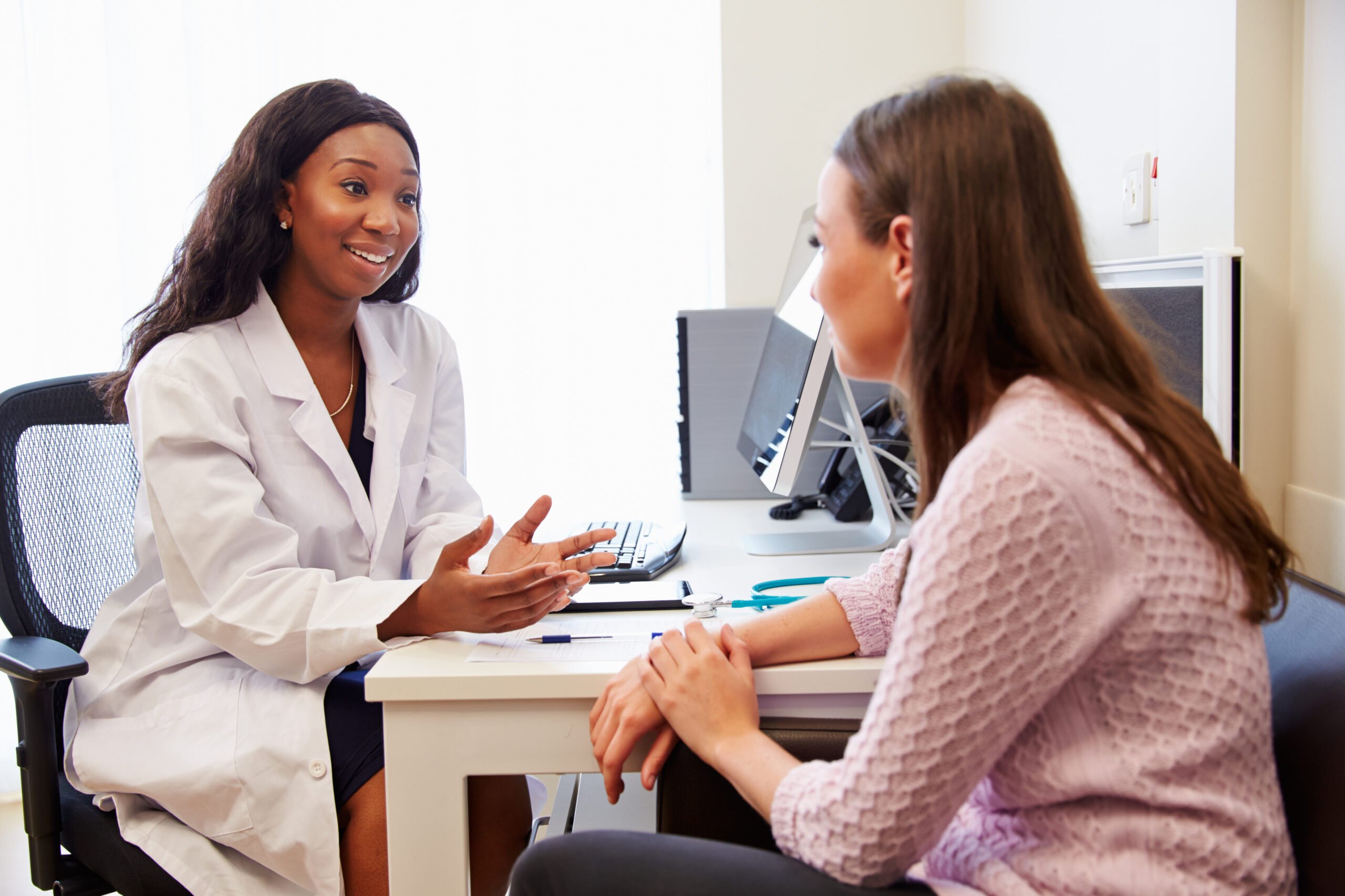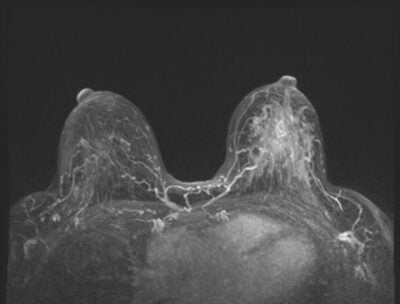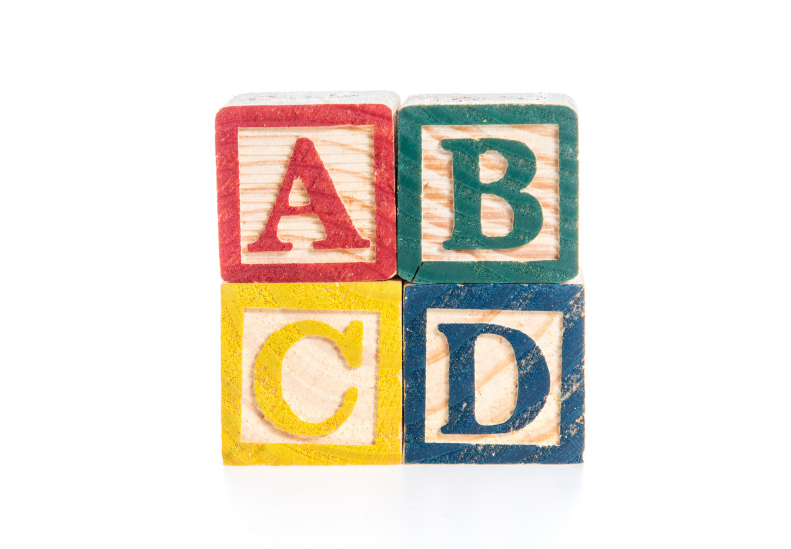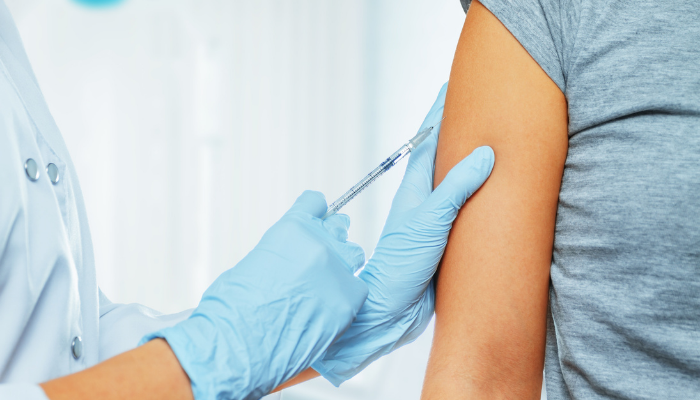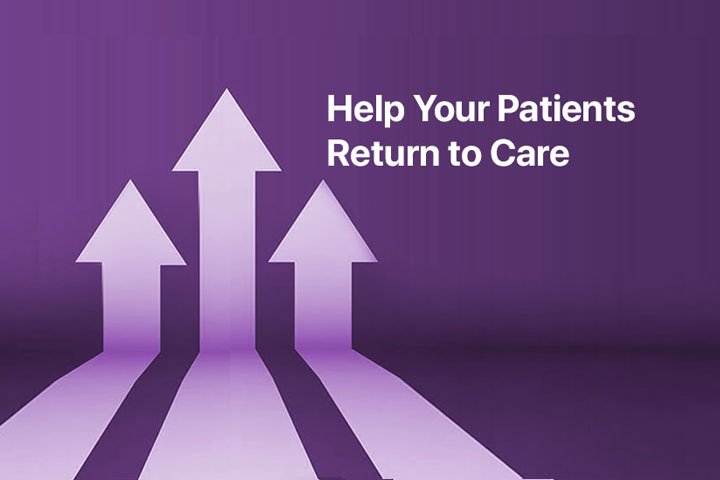Menopause is something every woman will experience, yet it is a topic so rarely spoken about. As a woman, you should always know what to expect when it comes to your own body–especially as it ages. This is why we’ve written Menopause 101: everything you need to know about menopause, its common symptoms, menopause treatment, and the different phases of menopause.
Just like young girls go through puberty, women go through another major transition with their bodies in middle age called menopause. Estrogen and progesterone production from female reproductive organs starts to taper off, and periods eventually stop.
Read further to learn everything you need to know about menopause as a woman.
What is menopause?
Many define menopause as the process that happens when a woman hasn’t had a period for 12 straight months (and isn’t pregnant nor sick). But menopause is a whole lot more than that. It’s a typical part of aging for females.
As women age, their hormone levels naturally begin to decrease and their ovaries stop releasing eggs–therefore, they stop having periods and can no longer become pregnant. The majority of women go through menopause in their 40s and 50s, although everyone’s body is different.
Women undergoing surgery to remove their uterus or ovaries for certain medical reasons (e.g., cancer, endometriosis, etc.) will experience menopause.
To put it in medical terms, menopause is part of a natural biological process in which menstruation and fertility stop for women. Menopause shows itself through physical side effects, but it can also have a huge impact on mental health and overall well-being. In Menopause 101, you’ll learn how to anticipate the signs and symptoms of menopause and effectively treat them.
The stages of menopause
There are three distinct stages of menopause and each comes with its own set of symptoms:
Perimenopause
Perimenopause begins to happen anywhere from three to five years before actual menopause. It is the process by which hormone levels begin to drop. The majority of women start experiencing perimenopause in their late 40s. Many confuse menopause with perimenopause, as this is the phase where the common symptoms are hot flashes, insomnia, elevated heart rate, and mood swings. Periods also become much more irregular during this phase with menstrual flow becoming either lighter or heavier. Women can become pregnant during this phase; however, it is far less likely.
Menopause
Menopause is the phase after perimenopause when women do not menstruate for a full year. Getting to this point can take on average anywhere from one to three years, and it varies depending on the individual.
Postmenopause
This is the stage that comes after it has been a full year since the last menstruation cycle.
During this period, women often continue to experience symptoms such as hot flashes, night sweats, urinary problems, elevated heart rate, and mood swings.
At what age does menopause begin?
The process of menopause will look different for every woman. There are several factors that determine when a female starts experiencing menopause, with the biggest one being genetics i.e. the age of the woman’s mother when she experienced menopause.
Studies have found timing with menopause to be heavily genetically determined. One, in particular, showed the up to 20 percent of women that experienced early menopause also had relatives that had experienced it.
Early menopause also occurs when a woman experiences ovarian failure, or with surgeries like hysterectomy (removal of the uterus) and oophorectomies (removal of the ovaries). In addition, cancer treatments like chemotherapy can affect the reproductive system and cause women to reach menopause earlier.
However, the following (contrary to popular belief) have not been found to have an effect on the age a woman begins menopause:
- The age of the woman during her first menstrual period
- Pregnancy and number of pregnancies
- Whether the woman breastfed or not
- Hormonal birth control methods
It’s important to keep track of your menstruation and health symptoms–particularly as you age. Make sure to go for regular check-ups where the doctor will check your blood and hormone levels for any abnormalities.
How long does menopause last?
The three different phases on menopause can last a few years–up to five in many cases. Again, the process is different for each individual woman depending on the state of her health and genetic makeup. Some may begin to experience perimenopause ten years before their last period, and others may have it over and done with in just a year–it all really depends.
What happens to your body during menopause?
During menopause, there is a major transformation happening with the hormone levels in the body. All of the physical symptoms of menopause are caused by the fluctuation in hormone levels. It’s important to be aware of what the common symptoms are and ask your doctor about them.
Also, it’s important to note that while your body is going through changes, menopause is not an illness, nor does it mean the end of your sexuality. Here are some changes that will occur:
- Irregular periods
- Lower levels of the following hormones:
- Estrogen
- Progesterone
- Testosterone
- Follicle-stimulating hormone (FSH)
- Luteinizing hormone (LH)
- Loss of active ovarian follicles
What are the early signs of menopause?
The beginnings of menopause typically start in women’s late 30s when the ovaries begin to make less estrogen and progesterone. Many women begin to see changes in their menstrual cycle in their early 40s. It will be different from person to person.
Also bear in mind that for special circumstances like a hysterectomy, chemotherapy, premature ovarian failure, or other medical condition will bring on menopause sooner.
What are the symptoms of menopause?
Symptoms of menopause vary from person to person, and each symptom itself can have different levels of intensity. It’s also important to remember that menopause symptoms do not just show up as physical but emotional as well. Here is a general list of the array of symptoms any woman going through menopause may experience:
- Irregular periods
- Loss of libido
- Mood swings
- Lack of energy
- Hot flashes
- Sweating
- Racing heart
- Headaches
- Dizziness
- Vaginal dryness
- Hair loss/hair thinning
- Pain during sex
- Insomnia
- Concentration difficulty
- Lapses in memory
- Weight gain & bloating
- Breast pain/tenderness
- Digestive problems
- Depression and anxiety
- Osteoporosis
- Dry skin
- Painful joints
Health conditions like illness, hysterectomy, cancer treatments, or smoking can exacerbate some of these menopause symptoms. Also, every woman’s menopause experience is unique to her. One person may experience a large range of symptoms, while another might experience only two. Be sure to monitor your own changes in your body and try not to measure your own menopause experience against another woman. If you feel like something unusual is happening, you should always consult with your doctor.
What is a hot flash?
An estimated 75% of women experience hot flashes while going through menopause. A hot flash is when you suddenly feel warm or hot, followed by feeling cold. Typically, the skin flushes and the heart beats faster. Hot flashes that occur during sleep are labeled as night sweats.
While hot flashes vary from woman to woman, the often last around one to two minutes. They can be mild or severe and change in frequency depending on the woman.
Some women might continue to experience hot flashes as they enter into postmenopause, though, certain medications can also bring them on.
What kind of complications are there?
A select few women may experience complications from menopause. While our intention is not to scare you, it’s important to notice any abnormal changes in your body and bring them to your doctor for examination. That way, any complications you encounter can be dealt with efficiently. These can include:
- Vulvovaginal atrophy
- Painful intercourse
- Slowed metabolic function
- Cardiovascular disease
- Osteoporosis
- Periodontal disease
- Cataracts;
- and more
Treating menopause symptoms
Thankfully, there are many ways to treat the symptoms of menopause. One of the first important things people can do is to eat a diet rich in fruits and vegetables, calcium, and whole grain. A good baseline is always important.
For women suffering from severe symptoms, hormone therapy might be an option suggested by your doctor. Hormone therapy treatment can help reduce the intensity of hot flashes and night sweats, vaginal atrophy, osteoporosis, and more.
Other types of medication can be issues to help improve:
- Topical treatments for hair loss
- Lubricant for vaginal dryness
- Sleep medications
- Antibiotics for UTIs
- Medication for osteoporosis
Some other natural ways to treat menopause include meditation, acupuncture, and other relaxation techniques in addition to a healthy diet combined with adequate exercise. For the emotional parts of menopause, it could be helpful to find support via a friend, group, therapist, online community, or a combination of those things.
At the end of the day, know that you’re never alone when it comes to menopause. It is a completely normal experience that every female will experience. We hope this article on Menopause 101 gives you a good starting point from which to understand this body transition unique to women.
To learn more about healthy aging in women, read our other article here for tips for aging well.


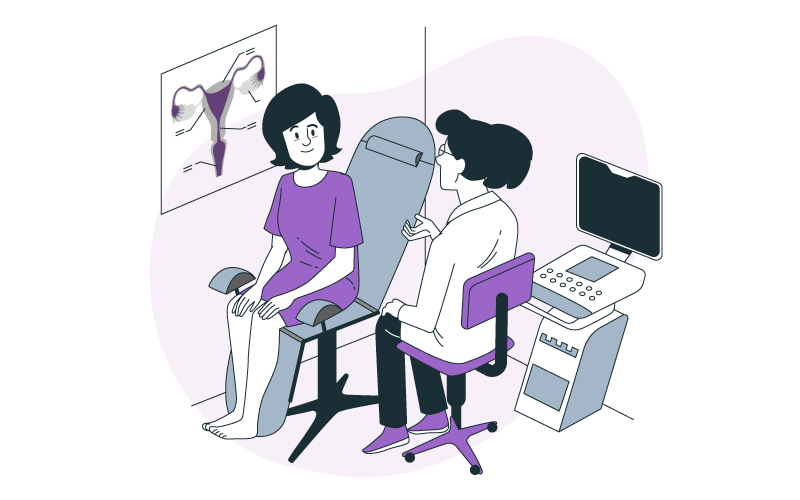


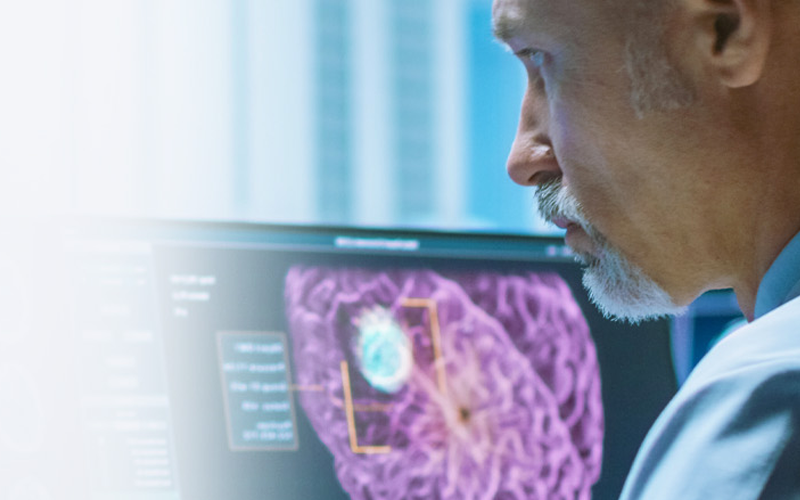




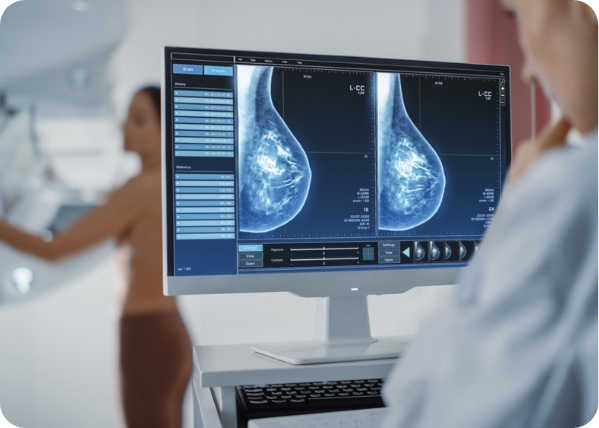


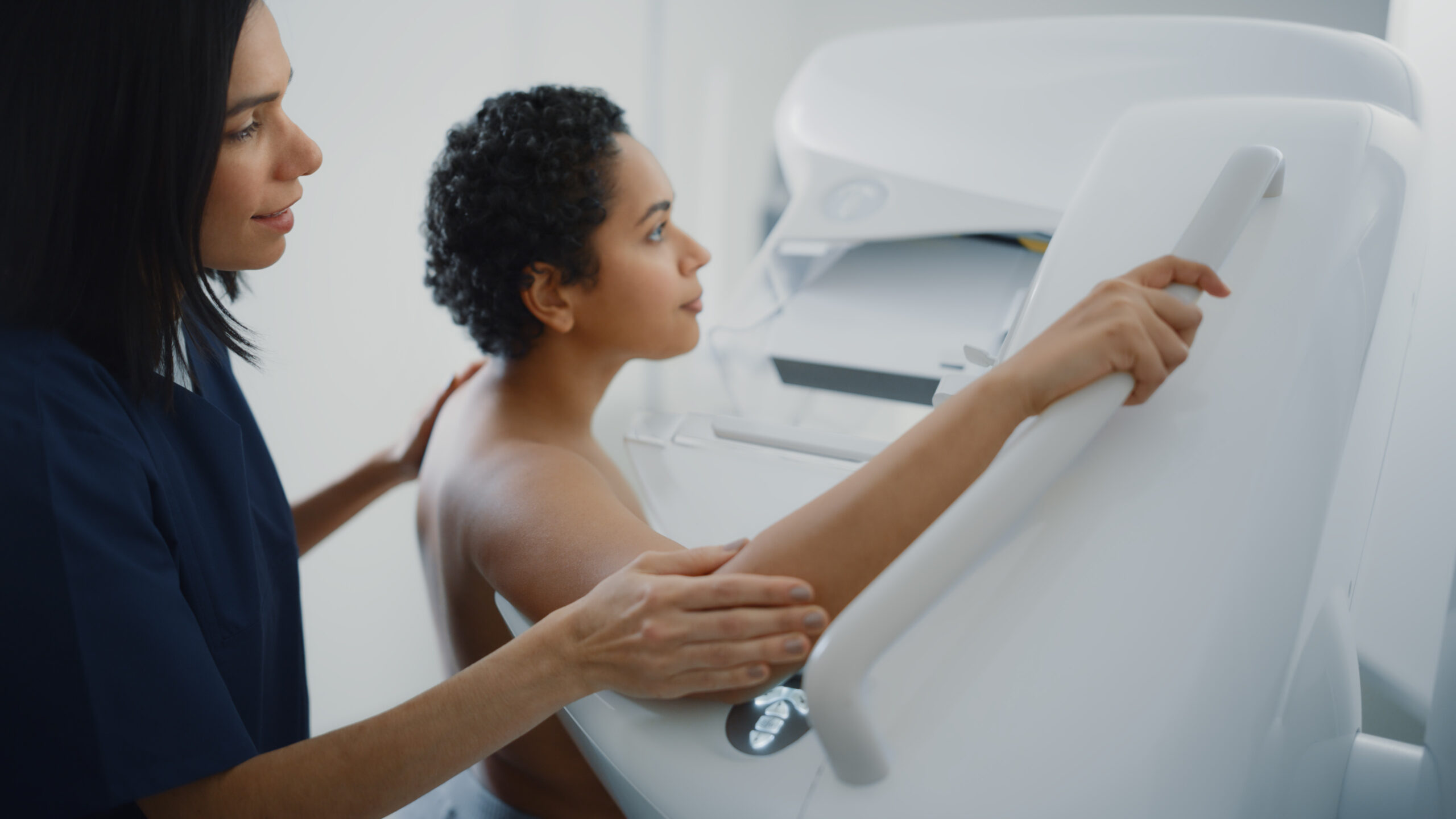
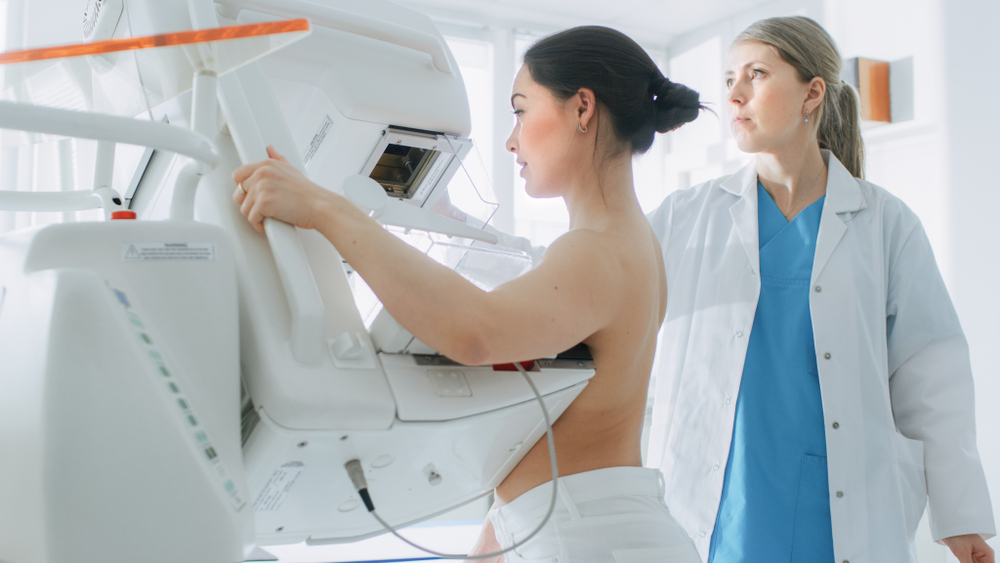
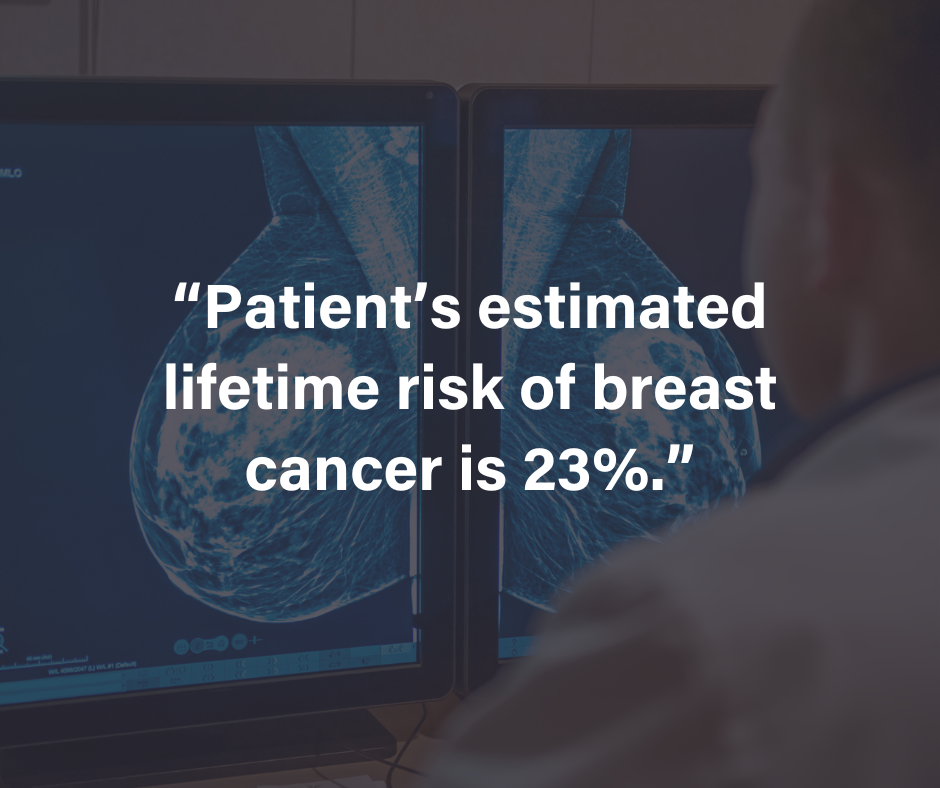
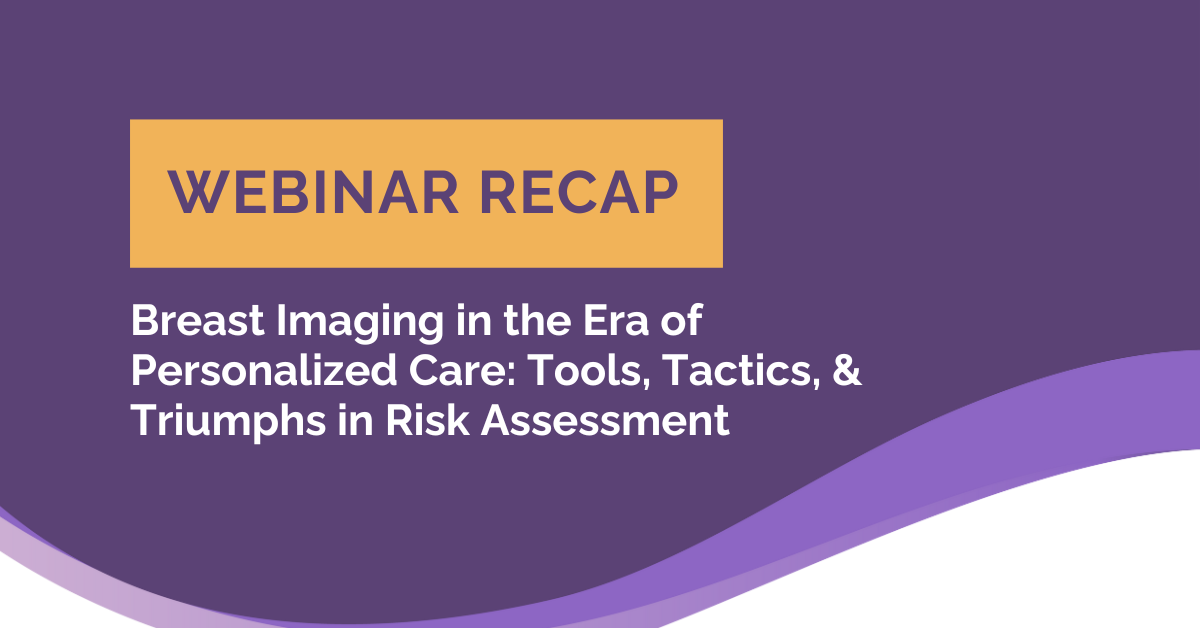
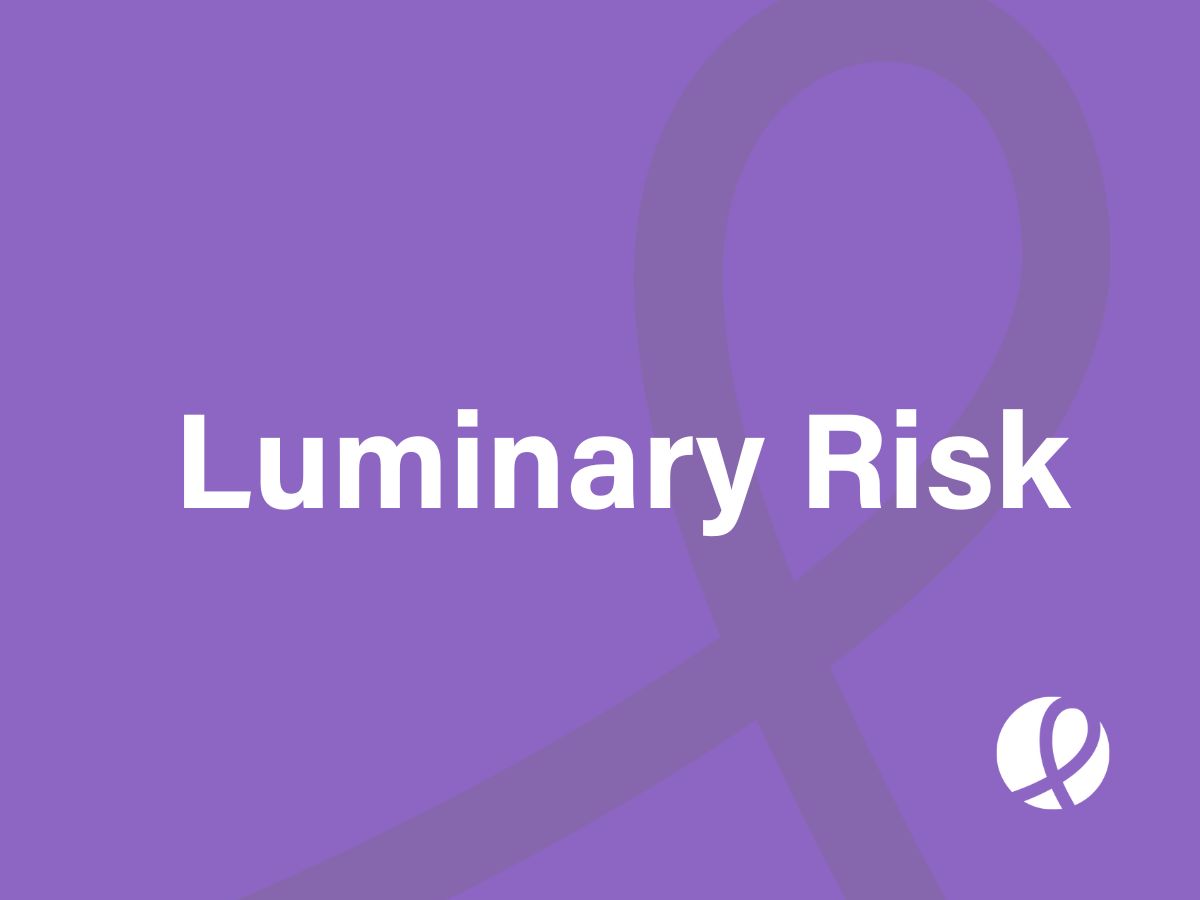


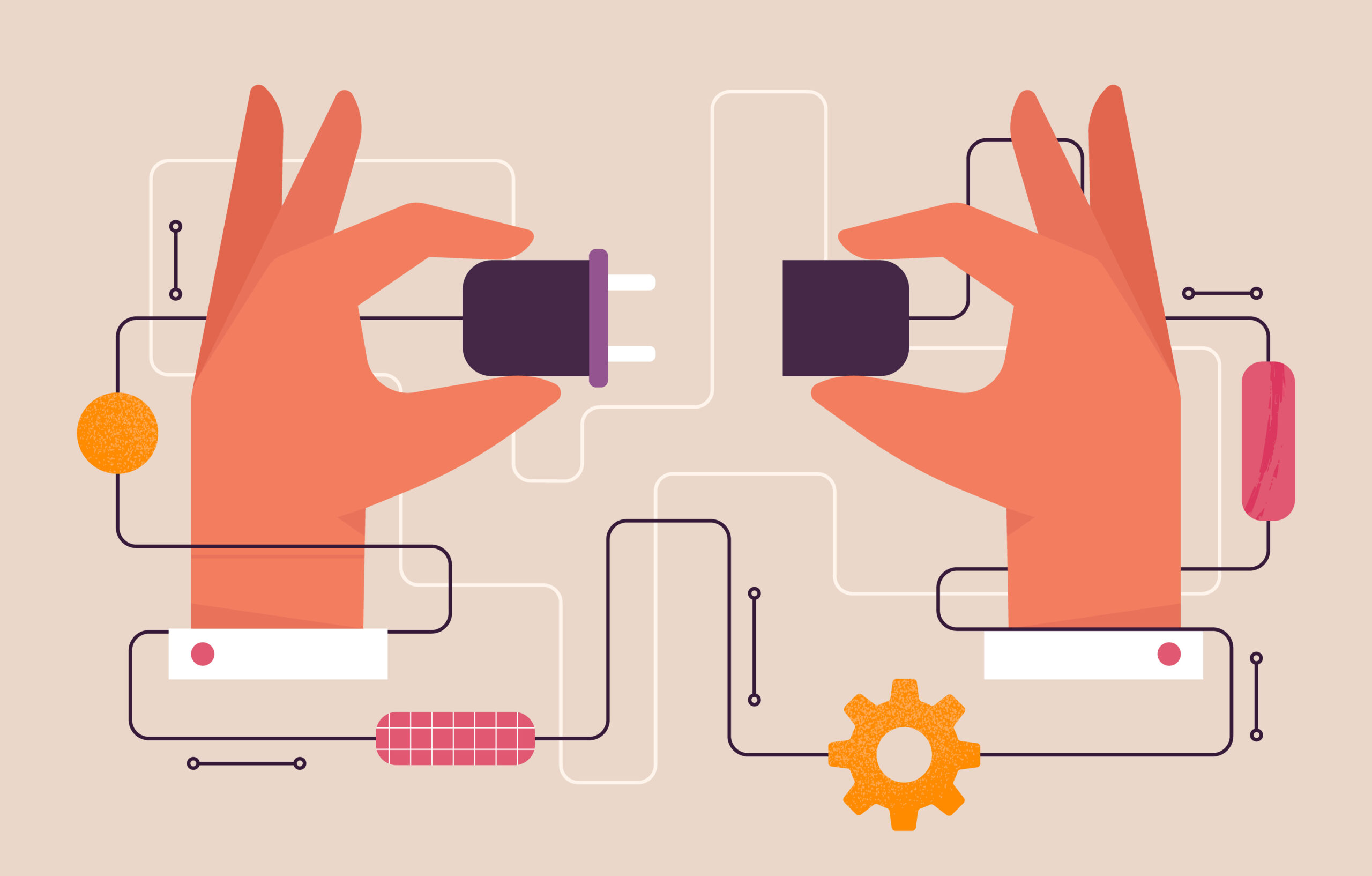
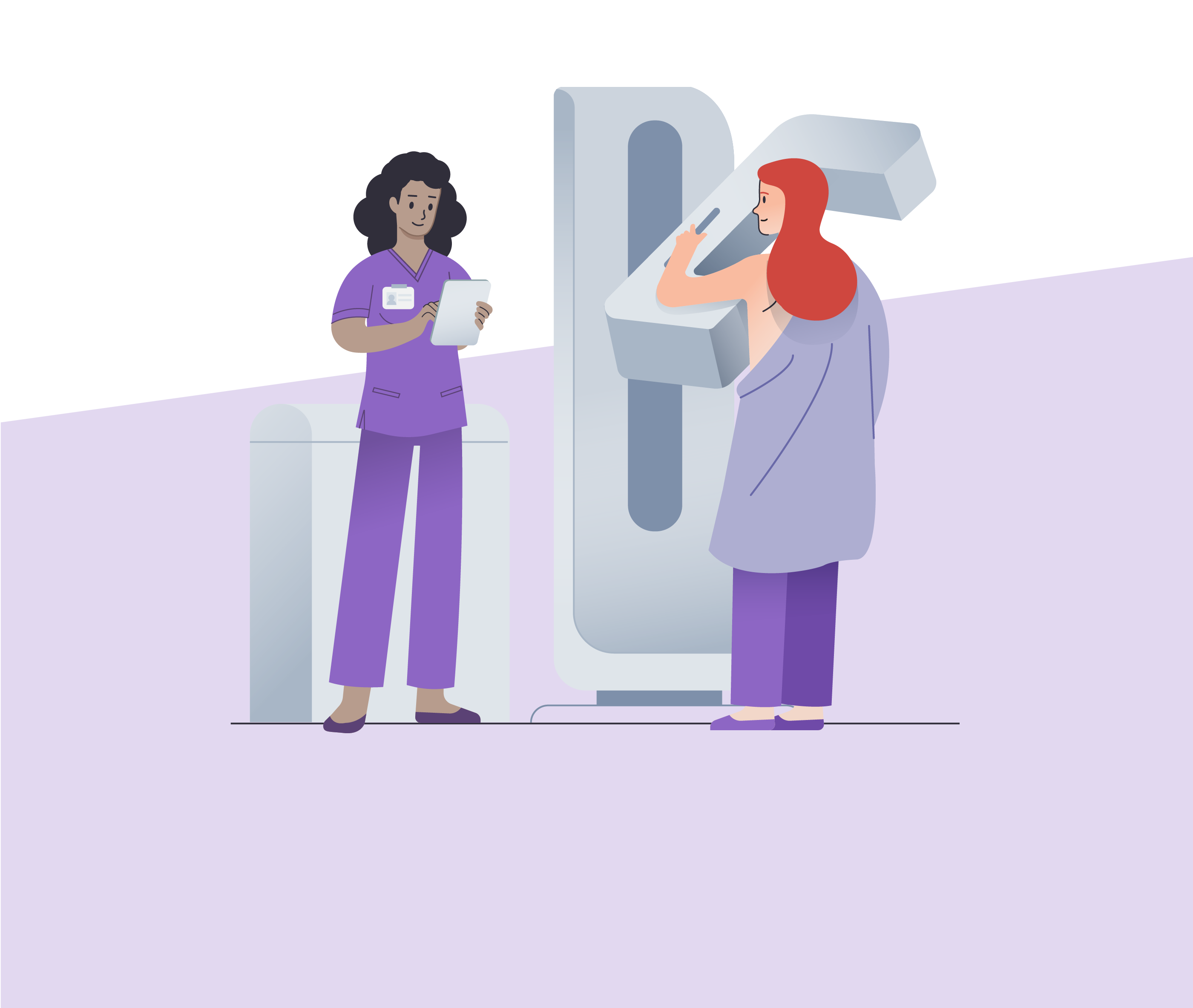

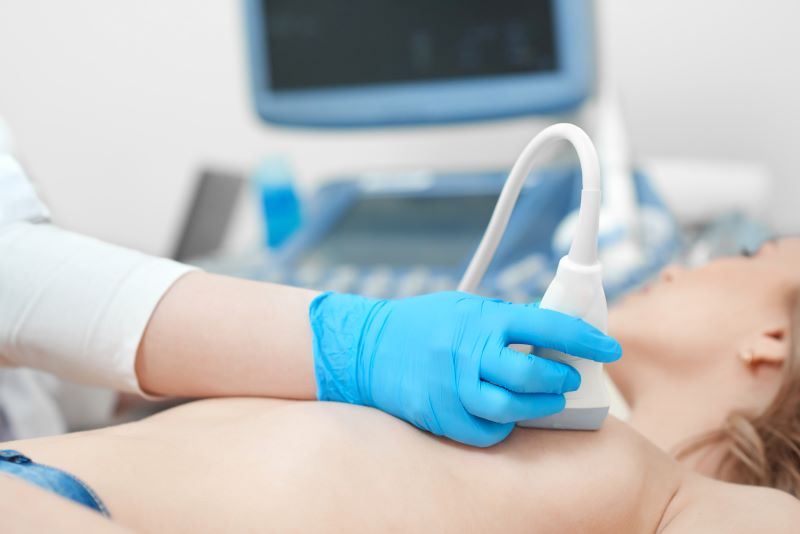
![monitoring breast density shutterstock_1299510538-[Converted]](https://magview.com/wp-content/uploads/2023/05/shutterstock_1299510538-Converted.jpg)

